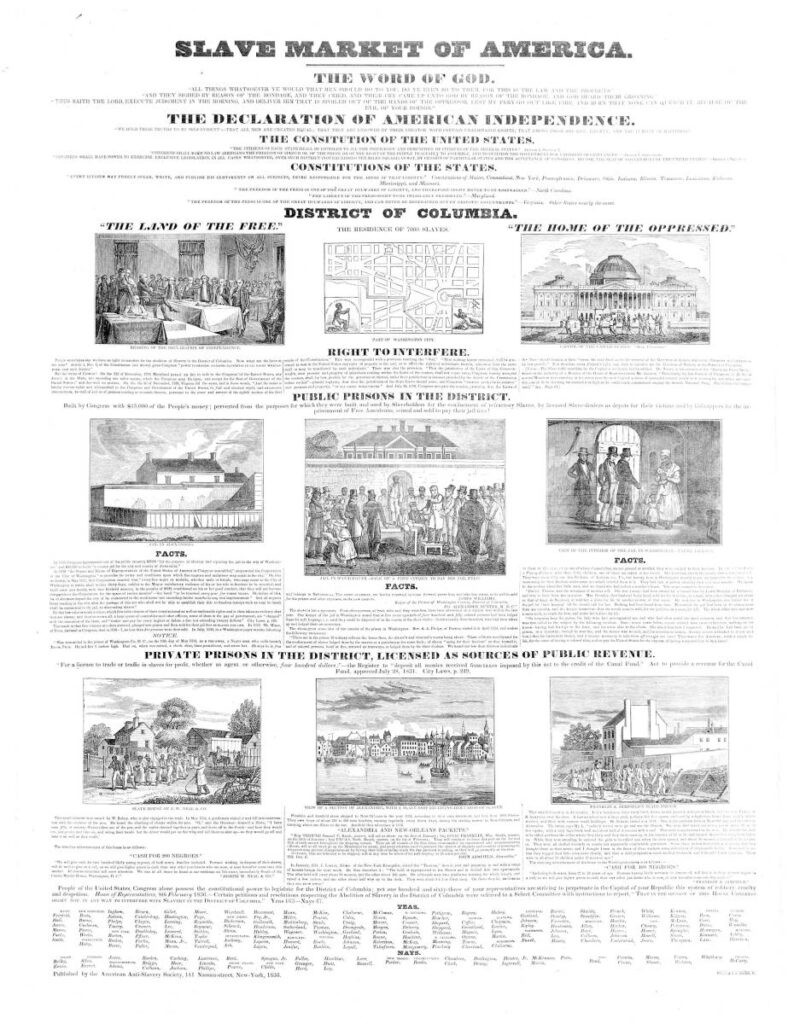Law is to liberty as Sisyphus is to rock. So lawyer and slaveowner Francis Scott Key is largely left to history as author of the anthemic “land of the free”.
A half century and civil war on, the law was tolerably clear; the US Constitution was amended to address slavery, citizenship and voting. Inevitably, white lawmakers – usually but not solely southern lawmakers – looked to the freedom of segregation, a freedom recognised by Plessy v Ferguson, the 1896 Supreme Court decision upholding the constitutionality of “separate but equal”.
The most prominent lawyer in the history of segregation was probably George Wallace, born 25 August 1919. He was inaugurated as Alabama governor on the spot where Jefferson Davis had been sworn in as provisional president of the Confederacy and where Zelda Fitzgerald had famously danced as a child; Zelda may have married “F Scott” but his own childhood was as “Francis Key Scott Fitzgerald”, named for his distant relative.
These things as may be, Wallace’s speechwriter was a Klu Klux Klansman who gave Wallace the magnetic words of freedom:
In the name of the greatest people that have ever trod this earth, I draw the line in the dust and toss the gauntlet before the feet of tyranny, and I say segregation now, segregation tomorrow, segregation forever.
Wallace ran for president in 1968 and remains the most successful of recent third party candidates, carrying five states.
Four years earlier, Wallace had run for the Democratic ticket. The New York Times reported that he was getting support from the White Party of America before recording:
The [White Party] was described today by George Lincoln Rockwell, head of the American Nazi party, as “a bunch of disgruntled [Nazi] party members who swiped my mailing list and defected.”
Rockwell had the distinction of appearing at black Islamic meetings organised by Elijah Muhammad and Malcolm X; they were, after all, each interested in segregation. He ended at least one of his addresses at such meetings with a “Heil Hitler”.
Rockwell did not live to see Wallace’s later campaign; a disgruntled supporter shot him dead on 25 August 1967.
